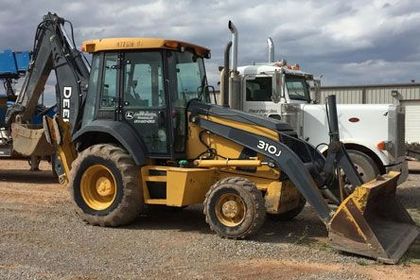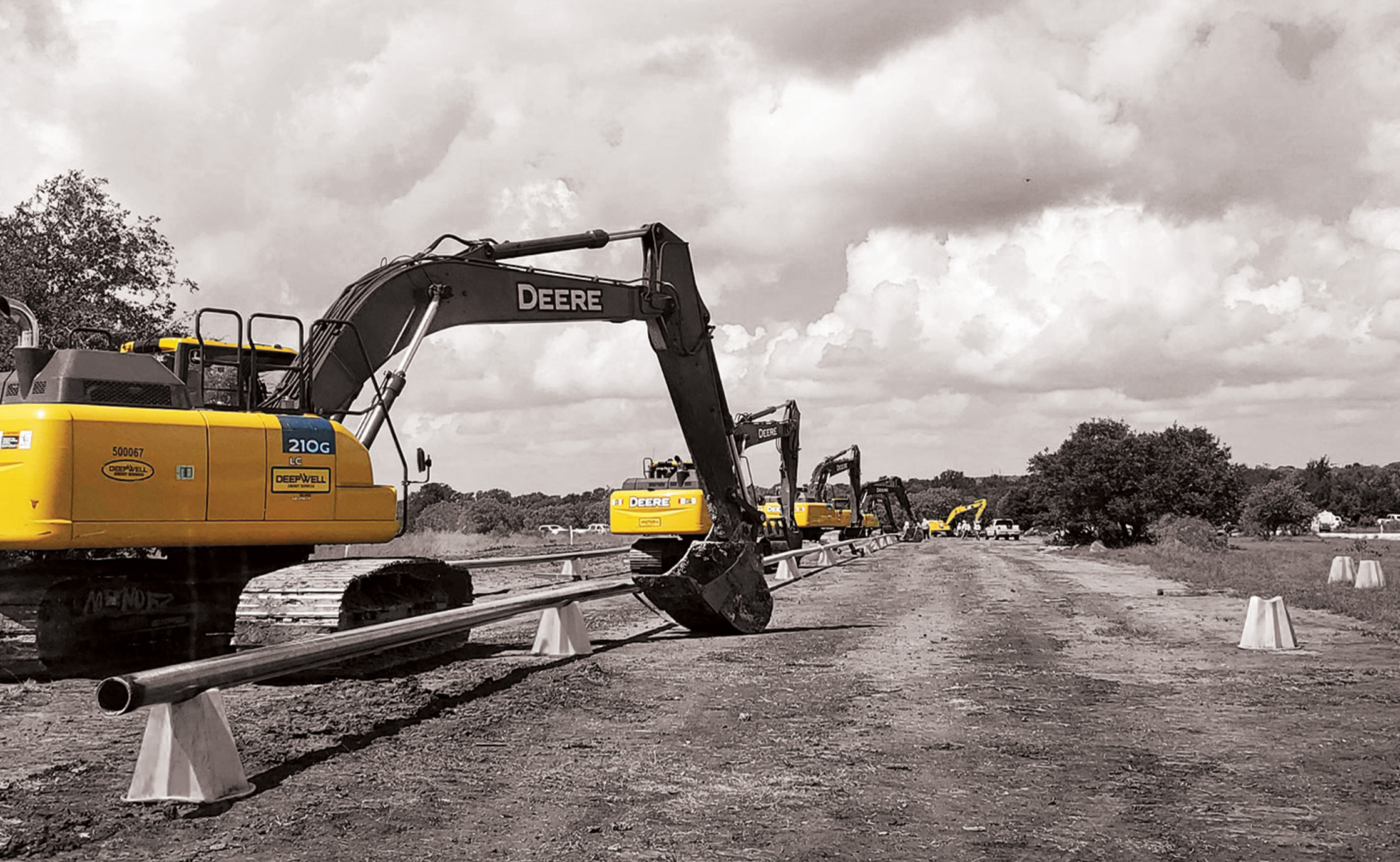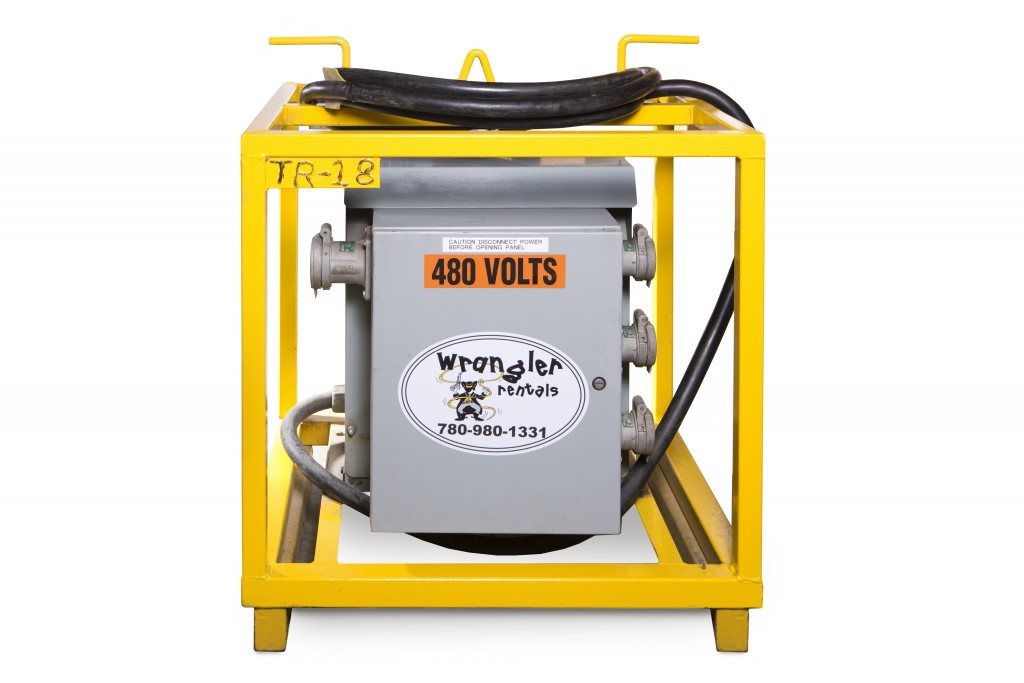Superior Rentals fusion machines: their role in modern projects
A Comprehensive Guide to the Various Kinds Of Oil Field Equipment and Pipeline Equipment Available
The oil and gas sector counts heavily on specialized equipment for effective extraction and transportation. Numerous kinds of equipment, from piercing rigs to storage tanks, play important duties in this intricate process. Each tool offers distinct features that contribute to total functional success. Understanding these elements is important for anybody entailed in the sector. As the market develops, so too do the innovations that support it. What advancements are on the horizon?

Drilling Rigs: The Backbone of Oil Exploration
Drilling rigs act as the essential equipment in the domain of oil expedition, enabling companies to accessibility hydrocarbon books buried deep under the Earth's surface. These rigs can be found in numerous types, consisting of land rigs, offshore rigs, and mobile units, each developed to operate in particular environments. Equipped with sophisticated modern technology, drilling rigs can penetrate geological formations with accuracy, making sure reliable source removal. The structural stability and operational capabilities of these rigs are essential, as they have to stand up to extreme problems and considerable pressures. Furthermore, the selection of a drilling gear affects the total project price and timeline, making it a vital factor to consider for oil firms looking for to enhance their exploration efforts and make the most of efficiency in their operations.
Pumps: Essential for Fluid Movement
In the oil extraction process, the duty of pumps is considerable, helping with the movement of liquids throughout various stages of manufacturing. Pumps are essential for moving unrefined oil, water, and various other liquids from underground reservoirs to the surface area and after that via pipes to refineries. They come in different types, consisting of centrifugal, favorable displacement, and submersible pumps, each offering specific functions based on the fluid characteristics and functional requirements. Centrifugal pumps are frequently utilized for their performance in high-flow applications, while positive displacement pumps stand out in managing viscous liquids. The selection of pump impacts overall effectiveness, operational security, and upkeep costs. Proper selection and maintenance of pumps are essential for enhancing production and reducing downtime in oil area operations.
Shutoffs: Managing Flow and Pressure

Shutoffs play an important duty in taking care of the circulation and pressure of liquids within oil fields and pipes. Various kinds of shutoffs offer distinctive applications, each created to fulfill specific functions essential for reliable operation - Superior Rentals reviews. Comprehending the qualities and uses these shutoffs is vital for enhancing system performance and safety
Kinds of Valves
Important parts in oil area procedures, valves play a vital role in regulating the circulation and stress of fluids within pipes and equipment. Numerous kinds of valves are utilized to fulfill the varied demands of oil and gas manufacturing. Usual kinds consist of gateway shutoffs, which provide a straight-line flow and minimal pressure decline; globe valves, recognized for their throttling capabilities; and round shutoffs, acknowledged for their fast on/off control. Furthermore, check valves prevent backflow, while butterfly shutoffs supply a light-weight remedy for regulating flow. Each valve kind is created with details materials and configurations to withstand the harsh problems usually found in oil fields, guaranteeing integrity and effectiveness in operations. Comprehending these kinds is essential for effective system management.
Valve Applications and Functions
While different types of valves serve distinct objectives, their primary applications focus on regulating circulation and pressure within oil and gas systems. Shutoffs such as entrance, world, and ball shutoffs manage liquid activity, guaranteeing peak efficiency and safety and security. Gate valves are typically utilized for on/off control, providing minimal circulation resistance. World shutoffs, on the various other hand, offer precise flow law, making them suitable for strangling applications. Round shutoffs are preferred for their quick operation and limited sealing capacities. In addition, stress safety valve are important for stopping system tractor loader backhoe for sale overpressure, protecting tools stability. Overall, the ideal choice and application of valves boost operational performance, making sure the dependable transportation of oil and gas with pipes and processing centers.
Compressors: Enhancing Gas Transport
Compressors play a crucial role in the effective transportation of all-natural gas, making sure that it relocates smoothly with pipes over long ranges. These devices raise the pressure of all-natural gas, permitting it to get over rubbing and elevation adjustments within the pipeline system. Furthermore, compressors help with the balancing of supply and need, fitting variations in intake and manufacturing rates. Numerous sorts of compressors are employed in the market, including centrifugal, reciprocating, and rotary screw compressors, each offering distinctive benefits based upon the operational needs. Normal maintenance of these compressors is necessary to maximize effectiveness and lessen downtime, eventually adding to a reliable gas transport network. Their crucial feature underscores the relevance of compressors in the total oil and gas framework.
Storage Tanks: Safe and Effective Fluid Administration
Effective transportation of natural gas counts on various sustaining systems, among which is the appropriate management of storage space containers. These storage tanks play a vital role in safely consisting of liquids, ensuring that operational efficiency is maintained while reducing environmental dangers. Constructed from long lasting products, they are designed to hold up against high stress and destructive elements. Appropriately sized and strategically situated, tank help with the smooth circulation of all-natural gas and other liquids, protecting against traffic jams in supply chains. Regular upkeep and monitoring are crucial to detect leakages or architectural concerns, promoting security and compliance with regulative standards. Ultimately, the effective monitoring of storage space tanks is crucial for the general stability and dependability of the oil and gas market's liquid handling systems.
Pipeline Systems: Infrastructure for Transportation
Pipeline systems work as the foundation of the oil and gas market, helping with the effective transport of hydrocarbons over vast distances. These systems include numerous parts, including pipes, valves, pumps, and compressors, all thoroughly made to guarantee seamless circulation. The products made use of in pipeline building and construction, often steel or high-density polyethylene, are selected for sturdiness and resistance to rust. Pipeline networks can span throughout land and water, linking my company production sites to refineries and circulation. In addition, advanced technology allows real-time surveillance of circulation rates and stress levels, boosting operational efficiency. The tactical placement of these pipes minimizes environmental impact while making best use of resource availability, thus playing an important role in meeting energy demands globally.
Safety Equipment: Guaranteeing Employee and Environmental Management
The operation of pipeline systems, while essential for power transport, also provides significant safety obstacles for employees and the setting. Safety and security tools plays a significant duty in reducing these threats. Individual safety devices (PPE) such as safety helmets, gloves, and non-slip shoes safeguards employees from physical threats. In addition, gas detection systems monitor for leaks, making sure that dangerous materials do not present a threat to employees or the bordering environment. Emergency situation closure systems are crucial for rapidly halting operations throughout a dilemma, preventing possible calamities. Spill containment materials, including absorbents and barriers, are basic for lessening ecological influence. In general, purchasing all-inclusive safety tools is important for preserving functional stability and protecting both employees and the atmosphere in the oil and gas field.

Often Asked Inquiries
Exactly how Do I Choose the Right Oil Field Equipment for My Job?
Selecting the ideal oil area tools entails reviewing project requirements, budget restraints, and operational needs. Take into consideration factors such as tools integrity, compatibility with existing systems, and the provider's reputation to ensure peak performance and safety and security.
What Are the Maintenance Demands for Oil Field Equipment?
Maintenance needs for oil field tools include regular assessments, lubrication, and timely fixings. Operators should additionally follow supplier guidelines, monitor performance metrics, and assurance compliance with safety regulations to enhance durability and performance.

Exactly How Can I Make Sure Compliance With Environmental Rules?
To ensure compliance with environmental laws, companies need to perform routine audits, carry out ideal methods, buy training, keep proper documentation, and remain upgraded on regulation (Superior Rentals fusion machines). Cooperation with ecological companies can likewise enhance adherence to regulations
What Is the Average Life Expectancy of Pipeline Equipment?
The typical life expectancy of pipeline tools click here to read generally varies from 20 to 50 years, depending on variables such as material quality, ecological problems, and maintenance techniques. Regular inspections can significantly influence long life and operational performance.
Exactly how Do I Securely Carry Oil Field Equipment to Remote Locations?
Transporting oil area tools to remote areas calls for careful planning, consisting of route analysis, safeguarding authorizations, making use of ideal lorries, and making certain safety and security protocols are followed. Proper training and interaction amongst teams are crucial for successful transport.